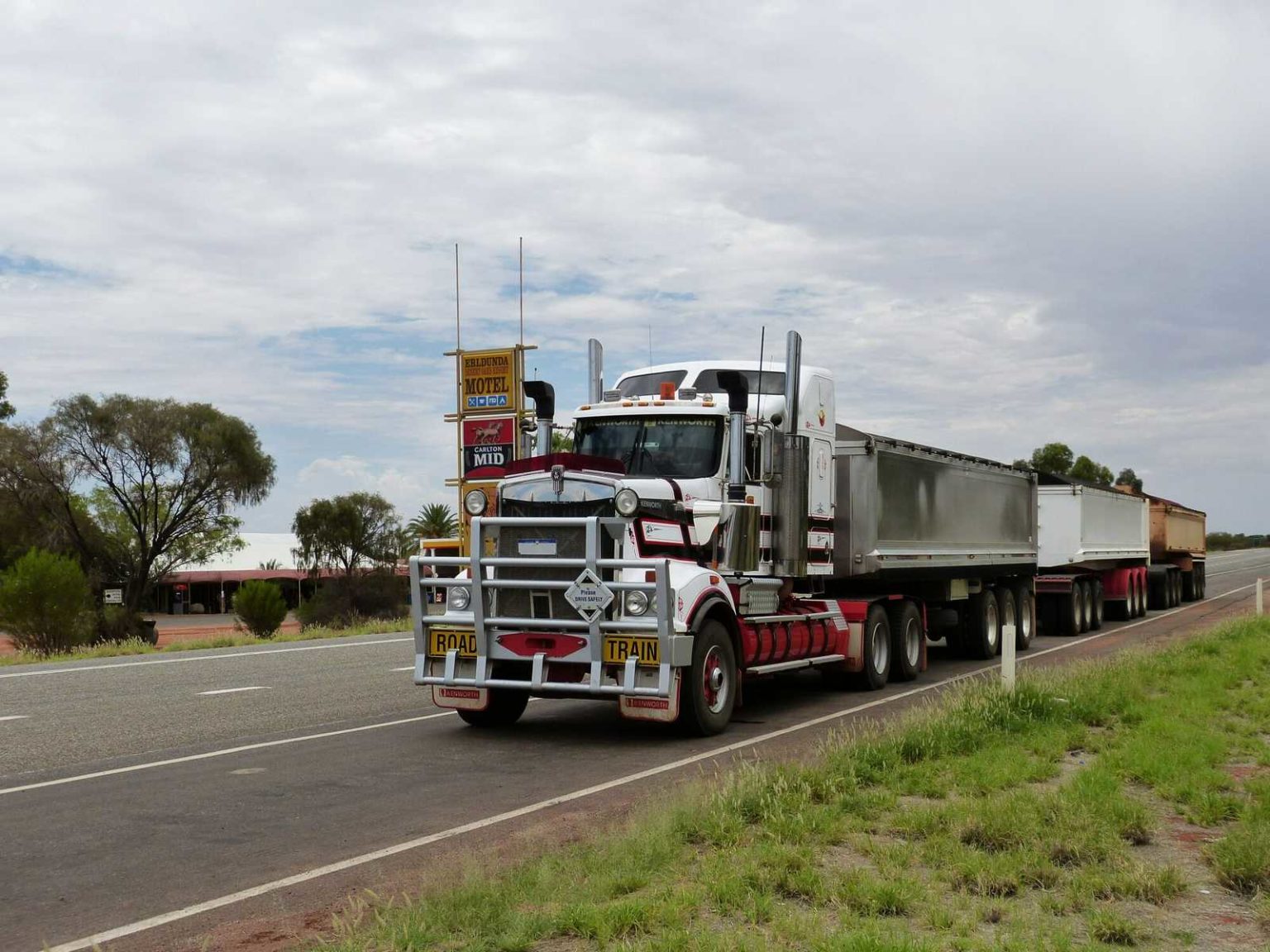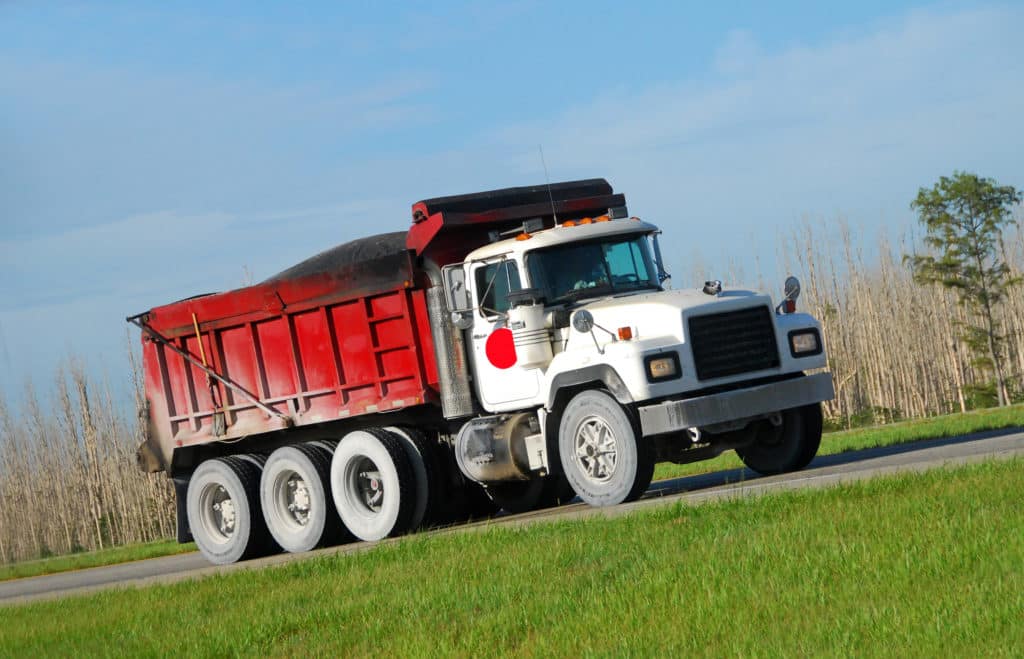
Starting your own trucking business is a great step forward – as long as you know what you’re up against. There are rules and requirements for starting a commercial trucking business, as well as for specifics like what semi-truck insurance in Orlando you need to cover your fleet and drivers. Get your ducks in a row from the very beginning to pave the road for a successful business endeavor.
Registration, Permit, and License Requirements
The Florida Department of Transportation (FDOT) regulates commercial trucking businesses and requires business owners to file certain paperwork before hitting the road. First, select a name for your company and visit the Florida Department of State website and follow the steps to starting a new business. You will need to do the following:
- Decide a corporate structure/type of your business
- File your articles of incorporation
- Print and mail your forms
- Visit the IRS website and get a federal tax ID number
Once you’ve filed all the paperwork to begin your business, purchase or lease your semi-truck and equipment. Keep costs low at the beginning by shopping around for a used rig. Before you can apply for insurance, you have to meet the license and permit requirements. Apply for your Florida commercial driver’s license and take the necessary tests and training to legally operate your vehicle. Then it’s time to purchase semi-truck insurance.
Minimum Insurance Coverage Requirements
Pay special attention to your insurance requirements as a new business. As the owner of a transportation industry company, you will need to apply for insurance to cover your business as well as your fleet vehicles. The licenses you hold and the permits your vehicles require will affect your policy. Work with an insurer you can trust to recommend the right type and amounts of coverage for your specific business.
In Florida, you must take out a commercial insurance policy with at least $10,000 in personal injury protection (PIP) insurance and $10,000 for property damage. These are just the bare minimum legal requirements. You will also need specific additional coverage for your unique trailer, equipment, and cargo needs. The company you work with can make all the difference in the success of your insurance plan and your new business.
Sources:
https://www.sba.gov/blogs/starting-trucking-business-0
http://www.flhsmv.gov/fhp/cve/2013TruckingManual.pdf
http://smallbusiness.chron.com/documents-needed-open-truck-company-37217.html
http://smallbusiness.chron.com/start-owneroperator-trucking-business-14538.html
https://www.dmv.org/insurance/intrastate-truck-filings.php








